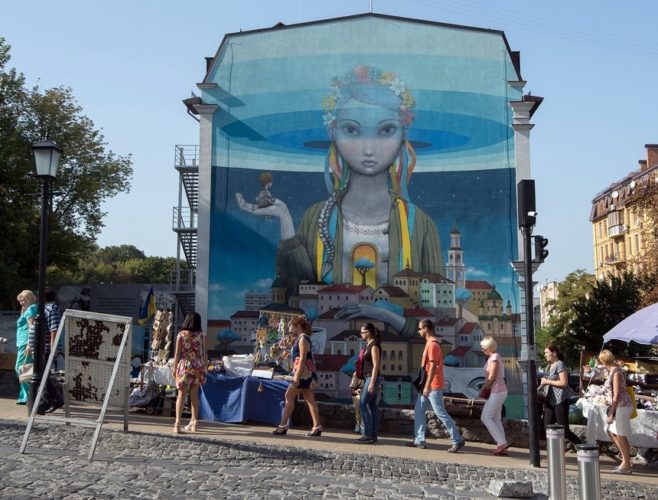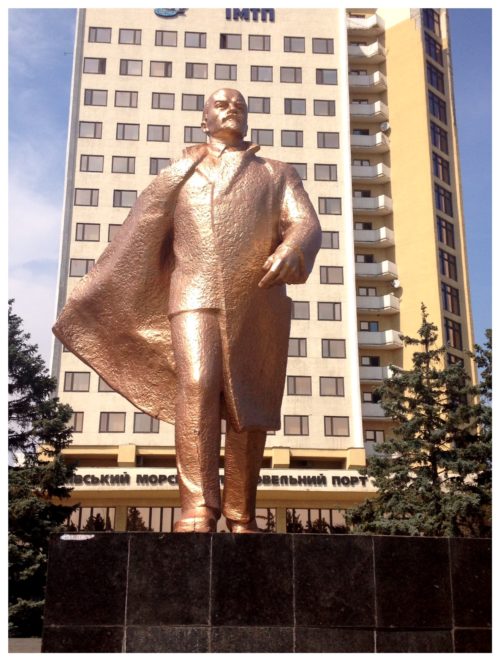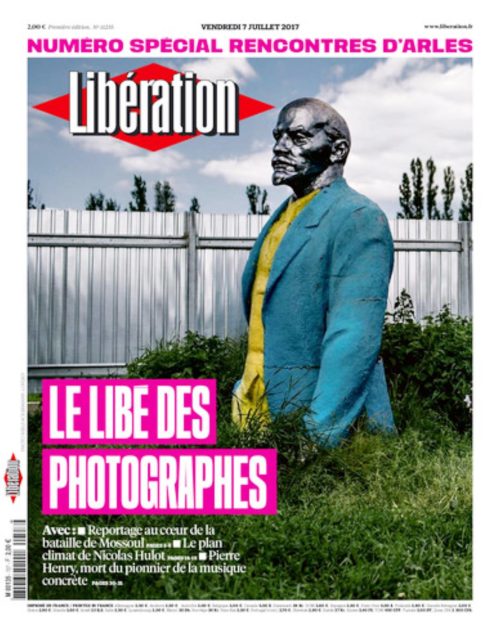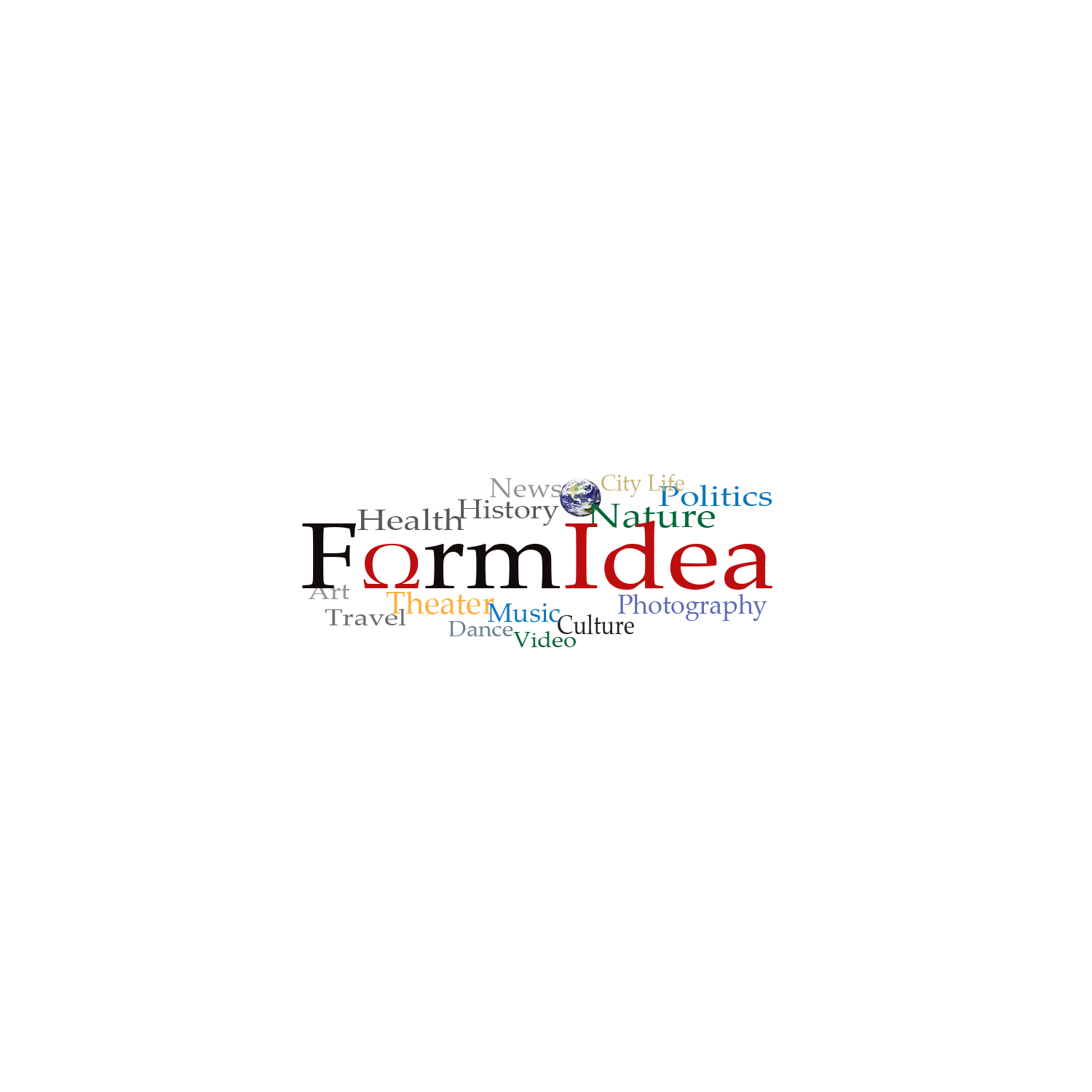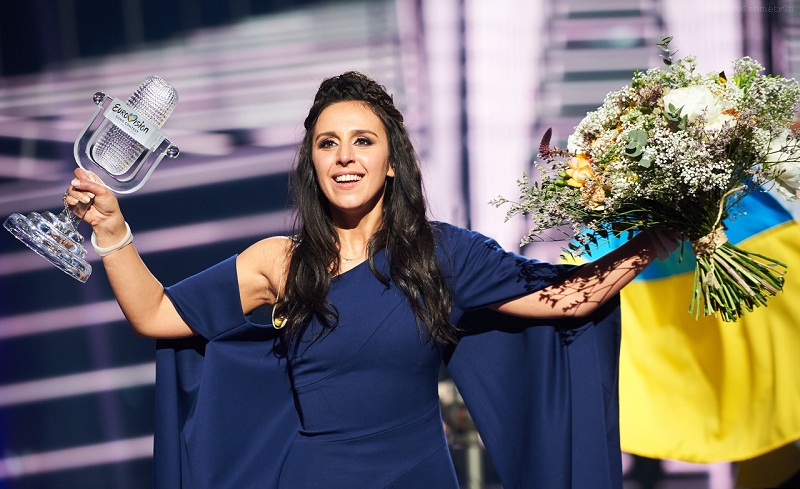Chronicle of a Revolution: Ukraine 2013-2014
Failures and Successes
Author: Pierre Scordia
Media Coverage in Britain and France
Historical Memory Laws
The British press call them “decommunisation” laws. The French media were particularly interested in what they call ‘les lois mémorielles” which they reject in their entirety because the new laws make no distinction between Nazism and Bolshevism. In Causeur, André Markowicz says with sarcasm that Ukraine is a western and anti-Russian democracy in the making where, paradoxically, any questioning of the new historical “truth” is punishable by imprisonment. It makes no sense that The Soviet Union and Nazi Germany are set side by side. According to Markowicz, there was no Treblinka under Stalin. One can’t deny the Holodomor, however it was not a genocide against the Ukrainian people, but a response to a peasant revolt fighting collectivization. According to Causeur, these laws are made to divert attention from the economic crisis and the misery of the population resulting from Angela Merkel's economic demands. One must find a common enemy. Thus we are witnessing the absolute triumph of Putin, a Russian nationalist, who does exactly the same thing, but on a far larger scale.
Mediapart, whose political views are the polar opposite of those of Causeur, is also very critical of these new Historical Memory Laws, of which Odessa has become the symbol, with the statue of Darth Vader replacing the one of Lenin. It seems that the Ukrainian historiography that has been around for a very long time in Western Ukraine - which makes not the slightest distinction between the criminal character of the Nazi and Soviet regimes - has now reached Kiev. Ukraine is following in the same footsteps as the countries of central Europe in the 1990s. One could say that the remaining Ukrainians who are still nostalgic for the USSR, people who gave their best years to the former Union, are now insignificant; they represent mere pensioners. For Laurent Geslin and Sébastien Gobert, the unification of the Ukrainian state and the Ukrainization of national history have been accelerated by Vladimir Putin’s hybrid war in the Donbas.
Mediapart writes that Ukraine has always had an inferiority complex in the face of Russian historiography. In a country ravaged by an endless economic crisis, bled by endemic corruption and a predatory political class, the decommunisation laws seem to be a way of distracting Ukrainians. This issue about the de-sovietisation laws is bound to get a reaction. In conclusion, the question arises whether the invention of a new mythology has the power to bring the citizens of Ukraine together. According to Mediapart, Ukrainian identity already exists, in both Ukrainian and Russian speakers. It is trade, prosperity and welfare that will contribute to a new way of living together.
The ban on Russian social networks
The British condemn the ban on Russian social networks in Ukraine. This populist measure is an obstacle to freedom of expression because Russian platforms such as VKontact or Odnoklassniki do not threaten the Ukrainian state. On the contrary, VKontact made it possible to circulate the photos proving the Russian military presence in Ukraine. These networks also allow communication between people living on both sides of the front. It is an ineffective anti-Russian measure which helps the President, whose popularity is waning, to prepare for his 2019 election campaign. In France, Le Courrier International publishes an article from Ekonomitchna Pravda in which concerns are raised about the emergence in Ukraine of a cyber dictatorship, like in China, North Korea and Russia, although the purpose of thwarting Russian propaganda is acknowledged.
Nevertheless, the BBC points out that right from the beginning of the conflict, Ukrainian journalists, although anti-Russian, have been much more moderate than their Russian counterparts and that in Ukraine, dissenters have the right to speak out.
Corruption
In an article dated 25th May 2017, The Economist points out that Ukraine is one of the most corrupt countries in the former Soviet Union and that fraud is endemic especially in the supply chain of ministries and national companies. However, the British magazine mentions some success in the fight against corruption in the Ministry of Health when the government called on the services of a British agency to supply them with medicines, despite the ill will of some officials. The department thus cut their spending by 38% compared to the previous year.
With the conflict re-emerging in the Donbas, the fight against corruption is likely to decline. Already some politicians are trying to discredit the Anti-corruption Action Centre. Le Figaro and Le Monde mention the killings of journalist Cheremet and former Russian deputy Denis Voronenkov in Kiev, demonstrating that Ukraine is still a country plagued by the Ukrainian and Russian mafias and secret agents.
Kiev: a new cultural and political centre in Europe
To end on a positive note, on 31st August 2016, The Guardian publishes an article on the cultural renewal taking place in Kiev entitled “Kiev's new revolution: young Ukrainians spur cultural revival amid the conflict”. According to the English newspaper, Kiev has become a cultural breeding ground where artistic creativity and entrepreneurship are flourishing. The young Kievans are no longer afraid, they feel liberated and this is the biggest victory of the Post-Maidan era. As for the French newspaper Libération, Kiev has become the new Mecca for the Russian opposition with the arrival of many Russian opponents and the opening of the Free Russia House. However, Libération points out that many Ukrainians want complete separation from Russia.
Russian propaganda
It can be said that the French and British media have largely covered the tragic events in Ukraine. Even though many have fallen into the trap of confusing the Russian population with the Russian-speaking population - a confusion caused by Russian propaganda to give an image of a fragile country in search of a national identity - British and French newspapers remained overall mostly neutral. Ukraine is depicted as a victim of Russian aggression which aims to contain the advance of Western and democratic values in the former Soviet Union. The Maidan movement is perceived both as a pro-European movement and a popular revolt against the oligarchic system, leaving some journalists sceptical with regard to the capacity and political will of opposition leaders to reform the country. Eurosceptic newspapers dwelt at length on the presence of far-right factions and nationalists from Western Ukraine on Maidan Square.
Media coverage was very extensive for five specific events:
1) The refusal of President Yunakovych to sign the economic association with the European Union.
2) The Maidan Square massacre and the regime fall in February 2014.
3) The annexation of Crimea by Russia in March 2014
4) The destruction of the Malaysian Airlines airliner in July 2014.
5) Jamala’s victory at the Eurovision.
However Brexit, the failed coup d'état in Turkey, the war in Syria, the election of Donald Trump, uncertainty regarding the French presidential elections and also public fatigue in relation to Ukraine have relegated the Donbas conflict to just another minor news item.
On the whole, the left-wing & liberal media have sympathized with the Ukrainian people, while the right-wing press, more Eurosceptic and critical of Islam (especially in France), regrets that the West has sacrificed its partnership with Russia, a power seen as indispensable in the fight against jihadists. Indeed the right-wing press would be in favour of lifting economic sanctions that hinder British finance, French agriculture and lucrative contracts for the Anglo-French armaments industry. Finally, in France there is a certain Russian lobby made up of intellectuals and nationalist politicians who romanticize Franco-Russian relations. The newspaper Le Parisien devoted an article to it entitled: “In France, pro-Russians are recruited on the left as on the right”.
Nevertheless, Emmanuel Macron's arrival in power and the possibility of the failure of Brexit are two favourable developments for Ukraine.
FORM-Idea London, 24th January 2020.
Chronicle of a revolution: Ukraine 2013-2017
1. Media coverage of the Ukrainian crisis in France and Great Britain
2. The beginning of the political crisis
3. The February Revolution of 2014
5. Odessa, the Pearl of the Black Sea at stake.
6. Petro Poroshenko: the Providential man?
7. Russian roulette in Ukrainian sky | Flight MH17
8. Parliament elections & the power of Western regions
9. War in Donbas | Welcome to Absurdland!
10. The Eurovision: a diplomatic row
11. Failures and Successes of the Ukrainian Revolution
12. Russian Propaganda
